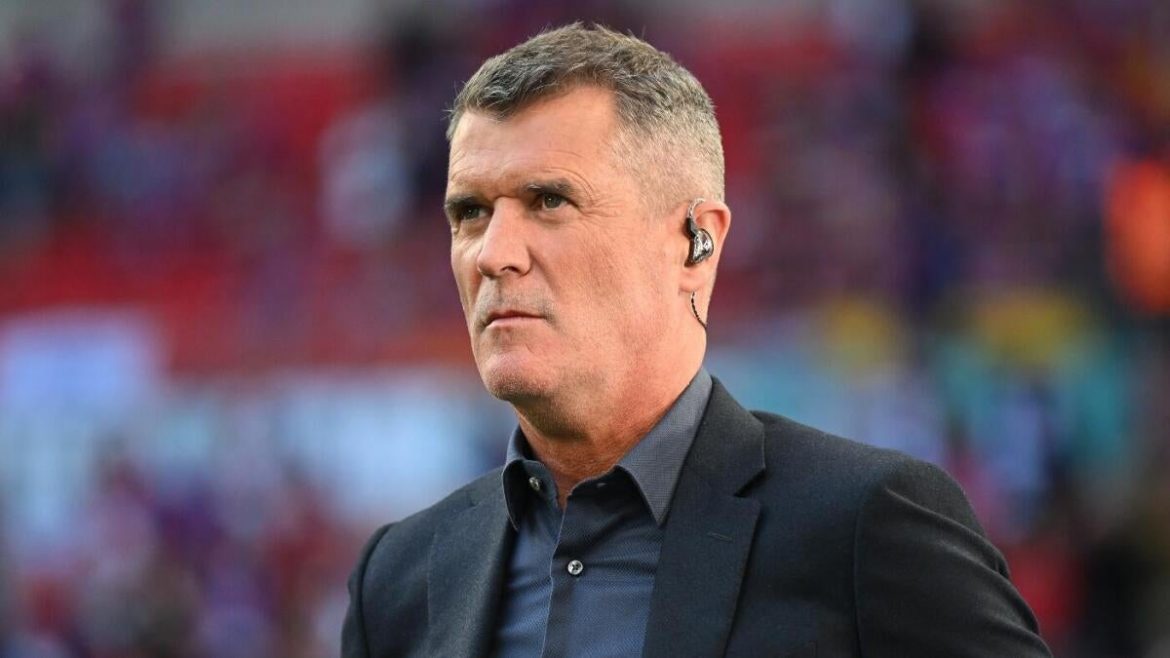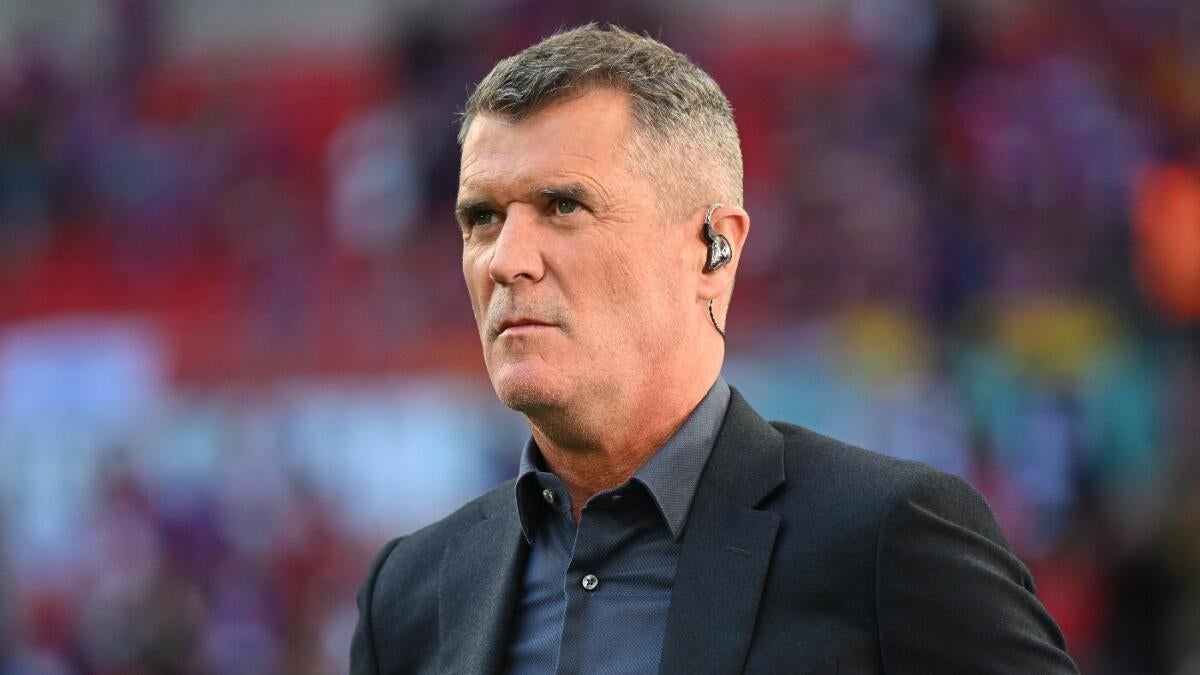Roy Keane’s Latest Scathing Assessments of Manchester United: A Deep Dive into the Club’s Struggles
—
Roy Keane, the former Manchester United captain known for his fierce competitiveness and unmistakable bluntness, has delivered a series of brutally honest and unvarnished critiques of his former club throughout the 2024-25 season. From Europa League heartbreaks to Premier League struggles, his commentary paints a grim picture of a team grappling with deficiencies on multiple fronts. This report explores Keane’s key observations, dissecting his accusations and the state of Manchester United under Ruben Amorim, while reflecting on the broader implications for the club’s trajectory.
—
Europa League Heartbreak and Prioritization Controversies
One of the most telling parts of Keane’s recent commentary revolves around Manchester United’s Europa League campaign, which ended in a loss to Tottenham Hotspur. Keane’s reaction to the final was deeply critical, describing the performance as lacking in grit and quality. He singled out the club’s apparent sacrifice of league ambition to chase European glory as “a disgrace.” This accusation underscores a fundamental tension in the current Manchester United setup: balancing ambitions in continental competition and maintaining a solid Premier League standing.
Keane’s critique did not stop at the tactical; he aimed a sharp rebuke at the management’s strategic choices, particularly Ruben Amorim’s approach. Amorim’s decision to focus heavily on the Europa League seemingly at the expense of league form was viewed by Keane as a miscalculation that ultimately failed to pay off. This perspective was echoed in media reports that highlighted the lack of consistency and physicality in the team’s performances, which hindered their ability to compete on both fronts effectively.
—
Player Performance and Team Weaknesses
Keane’s brutal evaluations have also targeted individual player performances. He has openly criticized high-profile signings such as Rasmus Hojlund, accusing him of underperforming despite a hefty investment reportedly around £72 million. Keane’s disapproval extended to labeling some players as not doing “enough” on the pitch, suggesting a collective lack of intensity and mental fortitude.
On the other hand, Keane did acknowledge moments of individual brilliance amid the club’s woes. He praised a Manchester United player who notably transformed from being considered a weak link into someone worthy of unconditional acclaim, highlighting that pockets of quality still exist within the squad. Nonetheless, these bright spots were overshadowed by an overarching theme of a squad described as “physically and mentally weak,” a damning indictment from a figure celebrated for toughness and resilience.
—
Tactical and Mental Fragility: The Bigger Picture
Central to Keane’s critique is the club’s lack of cohesion and mental toughness. Following a heavy 4-1 defeat to Newcastle United—a match marking their 14th league loss under Amorim—Keane was vocally frustrated, calling out the team’s inability to maintain competitiveness throughout matches. He noted a systemic problem: a team not “good at anything,” lacking both physical dominance and psychological resilience.
Keane’s frustrations culminated in a harsh characterization of both players and management. He openly questioned the mentality within the squad and highlighted the apparent lack of leadership on the field. Given Keane’s legendary status as a galvanizing captain himself, his concerns about leadership deficits ring as particularly alarming for Manchester United’s internal dynamics.
—
Reactions and Rebuttals
The sharpness of Keane’s critiques inevitably sparked responses from various quarters. Ruben Amorim, the Man United manager, responded to accusations of disregarding the Premier League in favor of European ambitions. Additionally, Paul Scholes, another club legend known for his own critical standards, took a different approach by showing support for Tottenham during the Europa League final, adding another layer to the public discourse around Manchester United’s challenges.
Yet, despite some contrasting opinions, the widespread recognition exists that the current squad and tactics are under serious scrutiny. The sentiments expressed by Keane align with broader concerns over the club’s ability to qualify for the Champions League and compete consistently at the highest levels.
—
Conclusion: A Crossroads Calling for Radical Change
Roy Keane’s unrelenting critiques offer more than just harsh words; they spotlight fundamental issues threatening Manchester United’s standing domestically and in Europe. His observations about mental and physical weakness, questionable strategic priorities, and individual underperformance expose a club at a crossroads.
As Manchester United looks ahead to future seasons, the path forward demands thorough assessment and likely radical changes—not only in personnel but in mindset, leadership, and tactical approach. Keane’s fervent calls for improvement serve as a wake-up call, challenging everyone involved with the club to restore the resilience and hunger that once defined Manchester United at its peak. Without swift and substantial evolution, the club risks prolonged mediocrity—a fate Keane, with his fierce loyalty and critical eye, fervently warns against.





